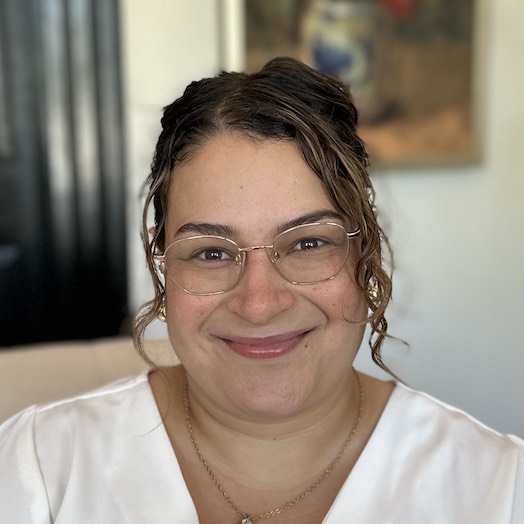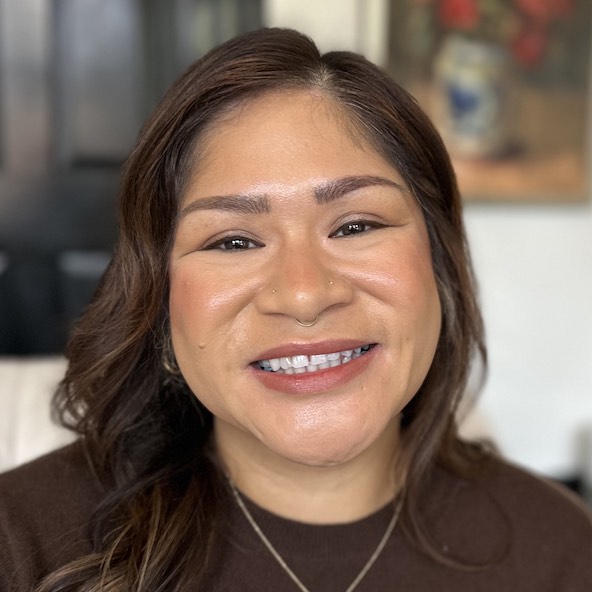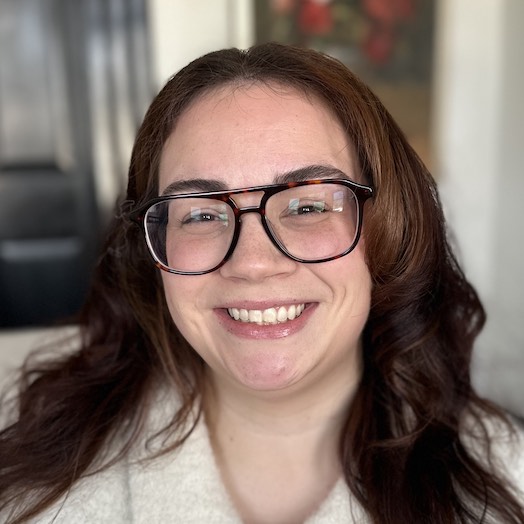I’m often contacted by awesome people looking for help who feel totally overwhelmed with the process of choosing a counselor. And for good reason! It’s hard enough sometimes to get to the place of wanting to reach out for help–and then you go online and Google turns up a list of 100 therapists within 5 miles of you! And it’s not like you are looking for any old service provider who knows their trade and can get a job done; you are looking for someone who you can trust with your inner-most struggles, pain and problems.
As you scroll through the many therapists in your area, you may be asking yourself, “Can I trust this person? Will they be able to help me?” Some have told me that they felt so overwhelmed with the process of looking for a therapist, that they put it off altogether for longer than they wanted to.
I put together these 7 steps that may help you on your search and educate you on what to look for through the steps of the process. Hope these help and feel free to reach out if you have any questions!

1. Think about qualities you are looking for in a therapist.
Before you look online or ask a friend, think about what your needs are and any qualities you are looking for in a therapist. For example, if you are coming to therapy to work through a traumatic experience, you may want someone who has special training in trauma.
2. Search online or seek referrals from a trusted source.
If you are looking for a specific type of therapist, you might do a Google search (example: “EMDR therapist in Sacramento”) or you might use a therapist directory (I recommend Psychology Today). It’s also helpful to ask for recommendations from people you trust, such as a friend, another service provider or your doctor.
3. Visit and explore the therapist’s website.
You should be able to get a feel of what the counselor is like and what they specialize in by looking at their site. Do they fit in the list of qualities you made at the beginning of the search? Does it seem like they are someone you would feel comfortable with and trust?
4. Contact the therapist and request a phone consultation.
You might make a phone call, send a message via their site or send an email. Most counselors offer a 15-30 minute phone consultation to figure out if you would work well together and help you get the best help possible.
5. Prepare any questions you have for the initial phone call.
It’s common to feel nervous on the initial phone call, so sometimes it’s helpful to prepare what you want the therapist to know about what you are wanting help with and any questions you have. It’s okay if you don’t have any questions (sometimes most are answered on the website or you just don’t know what to ask)–just know that it’s okay to ask questions on this phone call.
6. Think of the consultation as a two-sided interview.
On the phone call, ask yourself, “Do I feel comfortable talking with this person?” If the answer is “I’m not sure” or “Nope!” Is it general nervousness (normal!) or a gut feeling this isn’t a good fit (that’s okay–there are more fish in the sea!)
7. Make an appointment or find a better fit.
Once you start therapy, know it’s important to bring up concerns you may have with the therapist. This is part of the process and your therapist should be able to help explore these concerns in a supportive way. If you decide it isn’t a good fit—that’s okay! The relationship is a huge aspect of the counseling process and it’s important to find someone you feel comfortable with.

























